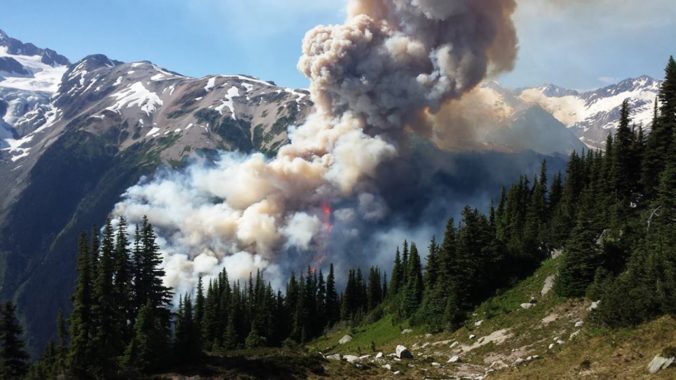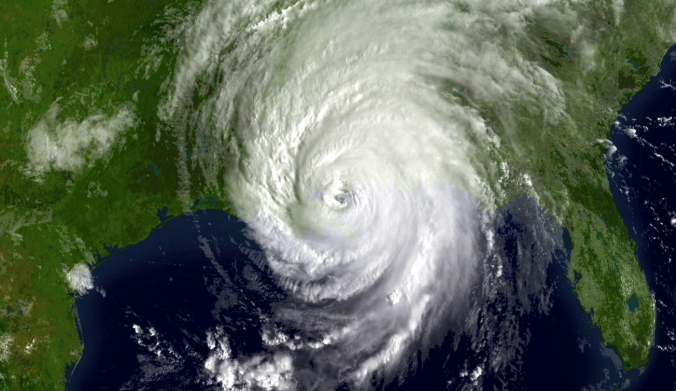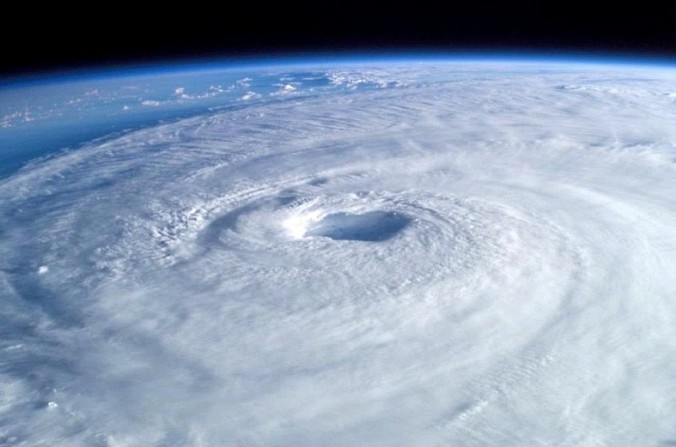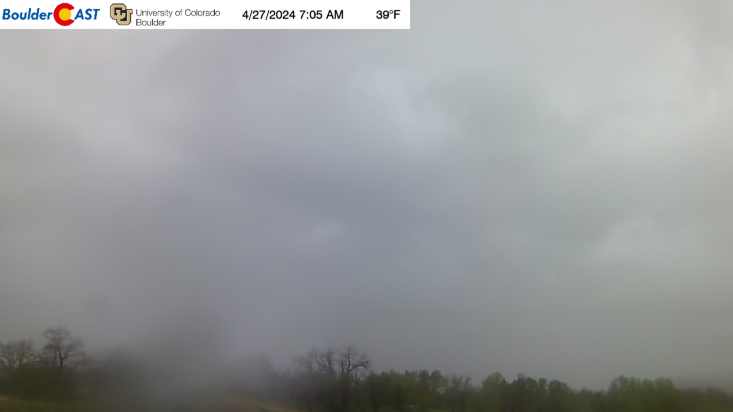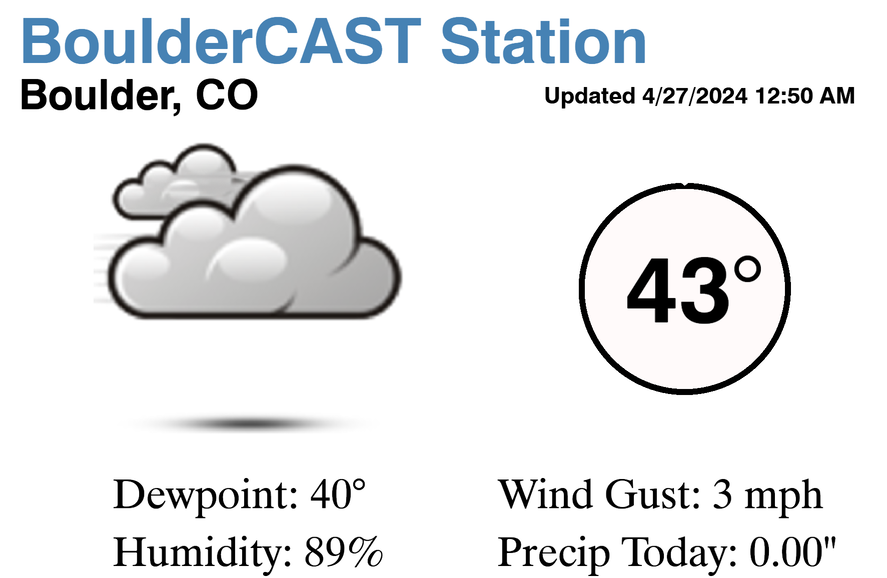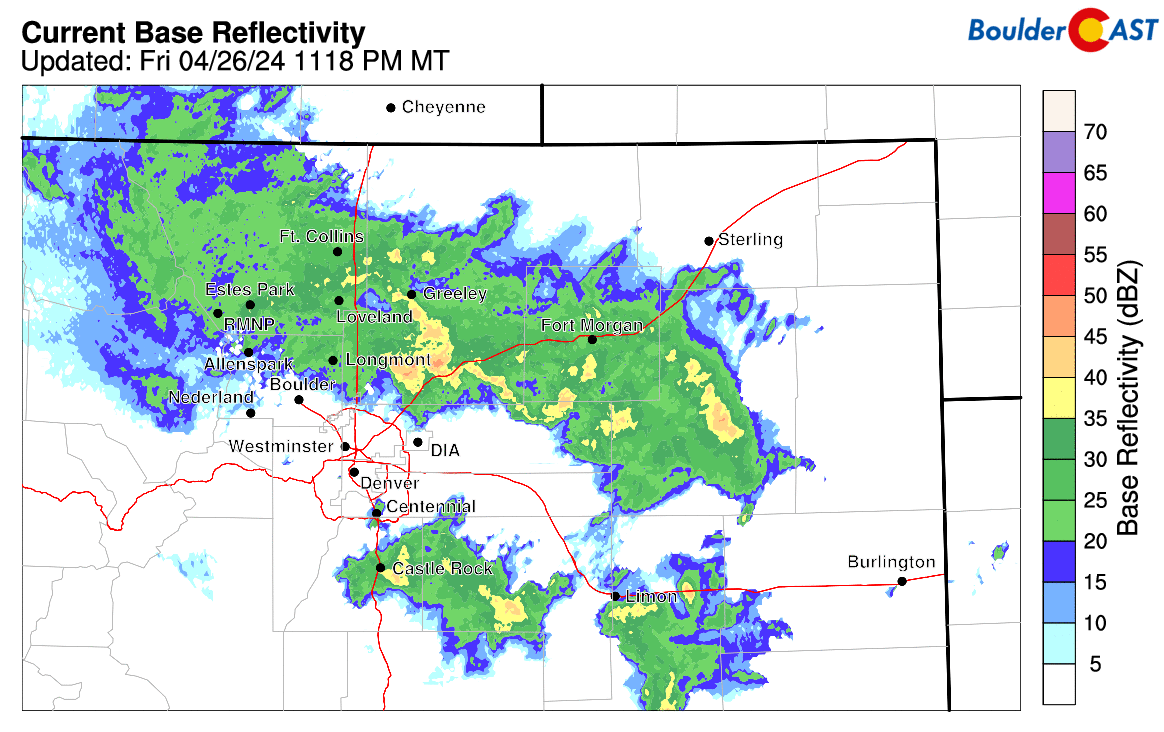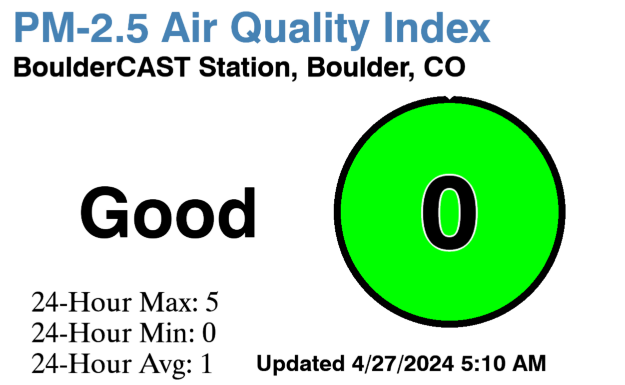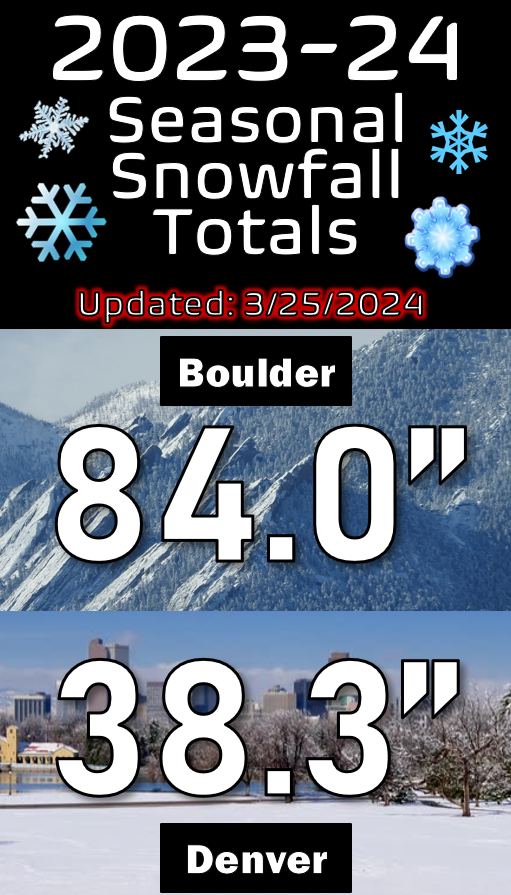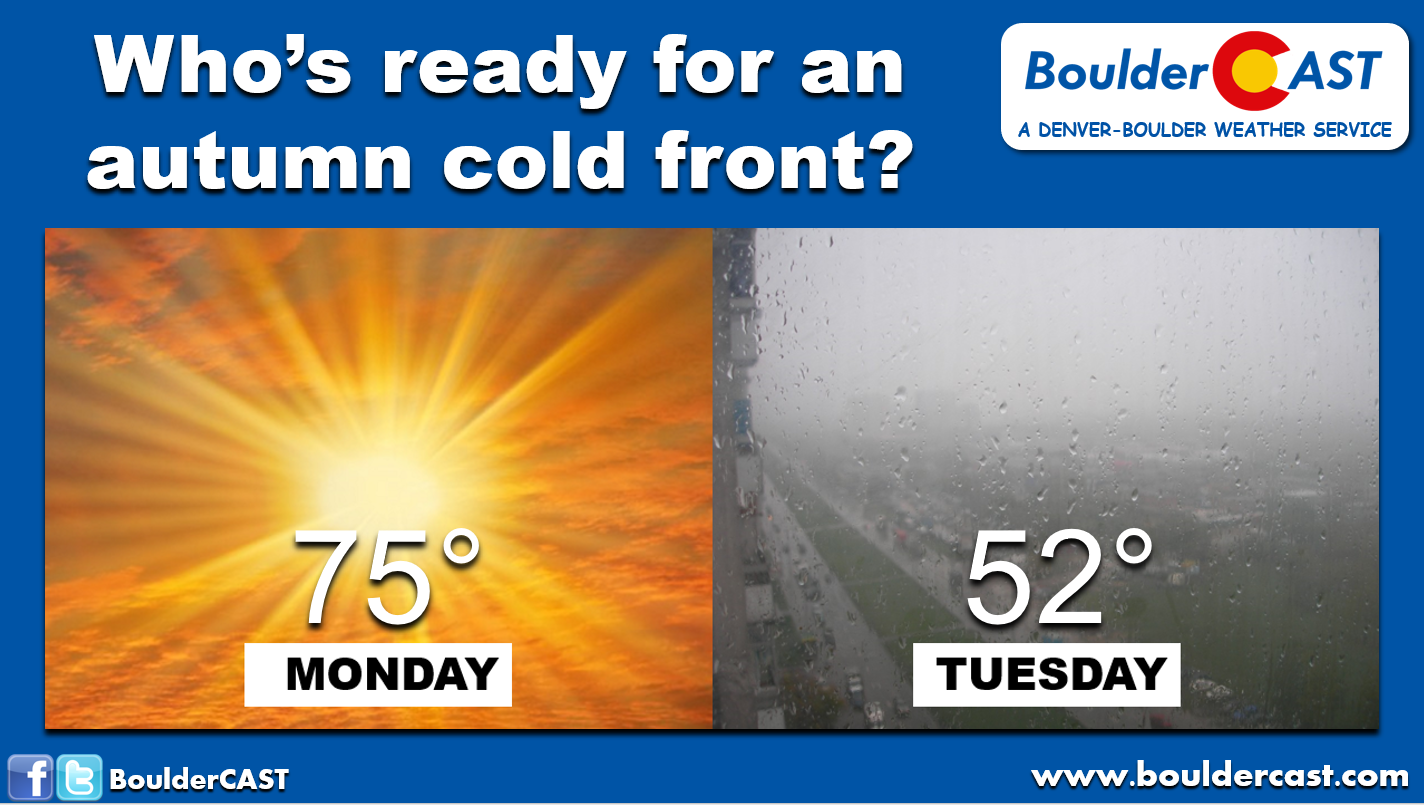
Author: Matthew Steiner
Born and raised in Alabama, Matt has weathered many strong hurricanes, including Katrina in 2005. He currently attends CU-Boulder pursuing a Master's degree in Atmospheric Science, with studies focused on orographic precipitation in the Front Range.
Historical warmth and persistently dry conditions have spawned numerous wildfires across the Pacific Northwest and British Columbia over the past few weeks. With a change in our synoptic flow direction yesterday, thick smoke has pushed into the Denver Metro area creating reduced visibility and air quality. We examine how the smoke got here and how the forecast for the weekend is shaping up.
Snow that fell Sunday night into Monday continues to melt as warmer temperatures have taken hold the last few days across the Front Range. We review the totals from the event earlier in the week, check in on our Mountain snowpack, and detail what’s on-tap for Thursday night as another chance of snow arrives.
Last summer, the story was an El Niño-induced lull over the Atlantic Basin, but as we discussed in an article last week, El Niño is officially gone. What exactly does that mean for tropical activity in the Atlantic? Are there other climate signals that might govern this year’s tropical development? We bring you up to speed on the 2016 Atlantic Hurricane Season and our expectations moving forward.
As we approach the heavily anticipated second half of hurricane season, some of you here in Boulder may be wondering, “Is this a good year to vacation somewhere in the Caribbean or Northern Atlantic Basin?” Ten years ago, many hurricane experts would warn you of impending danger that could form pretty much anywhere in the tropical Atlantic. However, we are seeing a change in the long-range weather patterns that have the Caribbean islands leaping for joy! After decades of seemingly constant activity, it appears the tables have turned for the better. While the potential for a strong hurricane can always occur when the conditions are right, it is about time residents along the U.S. Gulf and Atlantic coasts can breathe a little easier. Or can they?
© 2024 Front Range Weather, LLC

